When the hydrogen fuel runs out, the Sun's core will collapse, while the outer shell swells and cools. The Sun will then turn into a red giant star, then cool down and go out - Illustration photo AI
Our solar system came into existence about 4.6 billion years ago, a long time in human history, but just a blink of an eye in the 13.8 billion year old universe. Although it will continue to exist for billions of years, the solar system will eventually come to an end.
The question is, when will the Solar System "die"? And how will that death happen?
Survival depends on the definition of "death"
The answer is not simple, because it depends on how we define the "death" of a planetary system. For many scientists , the Solar System will not actually disappear completely, but gradually fall into a chaotic, cold state and no longer be able to sustain life.
Today the Solar System consists of eight major planets, hundreds of moons, billions of asteroids, comets and meteorites.
The boundaries of the Solar System are still a matter of debate, but are generally defined by three main regions: the Kuiper Belt (the icy region beyond Neptune), the heliopause where the solar wind ends, and the Oort Cloud, a theoretical region of icy objects even more distant than the Kuiper Belt.
All these components are held together by the enormous gravity of the Sun, the "living lamp" of the entire system.
The Sun currently shines through the process of fusion, converting hydrogen into helium at its core. According to Professor Fred Adams, a theoretical astrophysicist at the University of Michigan (USA), this process will last for about 5 billion years.
When the hydrogen fuel runs out, the Sun’s core will collapse, while its outer layers swell and cool. The Sun will then turn into a red giant, large enough to swallow Mercury and Venus. Earth may sit at the edge of the red giant’s belly, but it will likely be sucked in.
However, according to Professor Adams, humans may no longer exist at that time or have migrated out of the Solar System long ago.
After the last glow came a cold that seemed endless.
About 1 billion years after becoming a red giant, the Sun will shrink to about the size of Earth and become a white dwarf, a dense, cool, and faint core.
From that point on, the solar system would no longer be able to sustain life as we know it. "From a habitability perspective, it would be the end of the solar system," Alan Stern, planetary scientist and NASA's New Horizons project leader, told Live Science.
However, the death of the Sun does not mean the end of the planetary system. According to Mr. Stern, even if the Sun is just "ashes", giant planets such as Jupiter and Saturn can continue to orbit it.
Chaos and disintegration: the ultimate fate of the Solar System
As time goes on, as the Sun's gravitational pull weakens, the balance in the planetary system will be disrupted. The gravitational interactions between the planets will cause their orbits to become unstable, possibly leading to collisions or "ejection" from the system.
Professor Adams believes that as time passes to the point where the universe is billions, even trillions, of times older than it is now, rare events such as supernovae, visits from strange stars or nearby supernova explosions could destroy the remaining structure of the Solar System.
Even if it is not destroyed by a collision, the decay of matter is the end of the world. Some physicists predict that protons, the building blocks of matter, may decay in the very distant future, although this phenomenon has never been observed. If that happens, not only the Solar System, but all matter in the universe will gradually disintegrate.
So our Solar System will still be alive for billions of years, but one day it will no longer be what it is: no light, no life, just chunks of ice, rock and ash slowly rotating around a silent remnant. It will be a quiet but inevitable death in the eternal symphony of the universe.
MINH HAI
Source: https://tuoitre.vn/khi-nao-he-mat-troi-chet-va-chet-the-nao-20250720220430931.htm


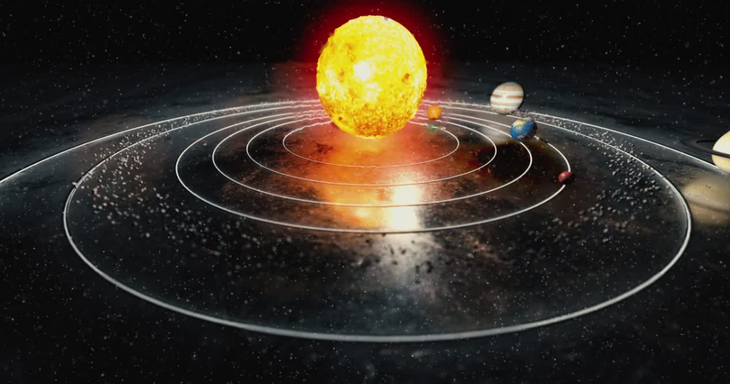








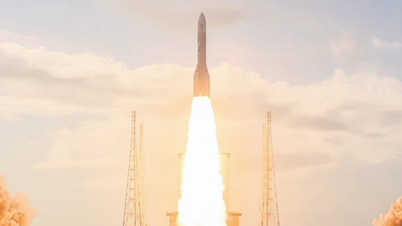
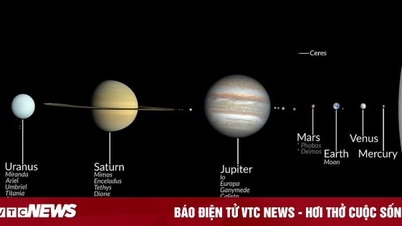

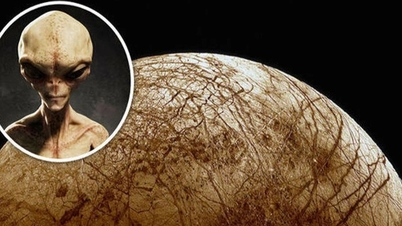


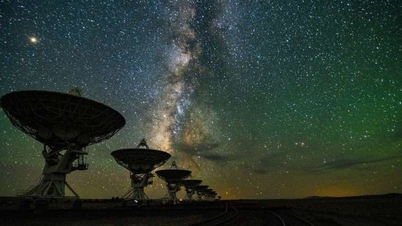






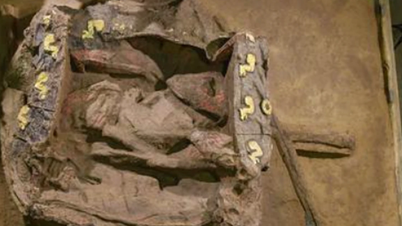
















































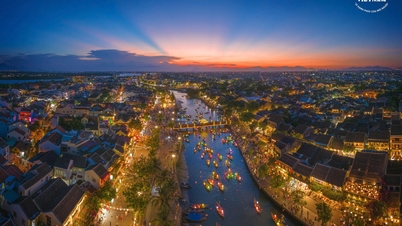










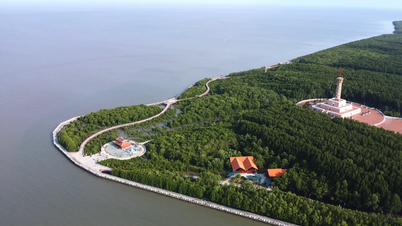

























Comment (0)